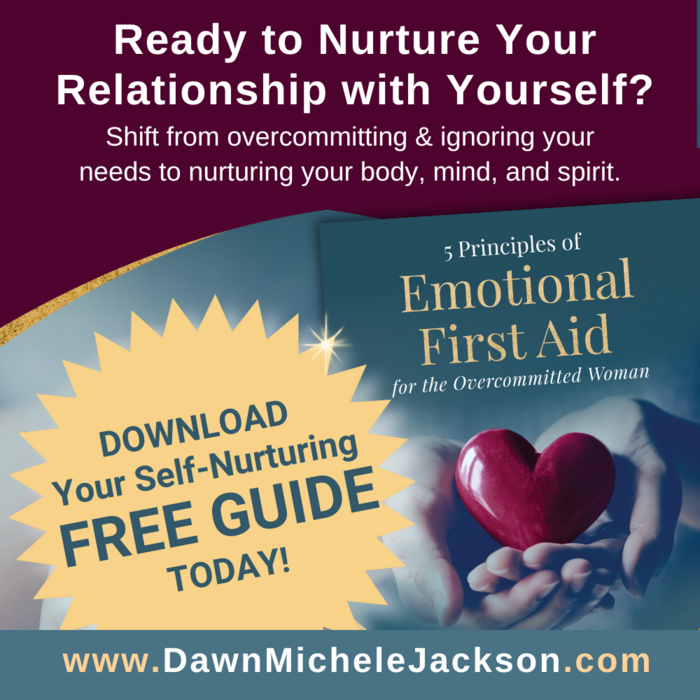
When the media portrays destruction from a hurricane, fire, earthquake, war, or any other disaster, the pictures and commentary remind us that people are suffering in the world.
You may find yourself experiencing conflicting emotions. Your heart may hurt watching the devastation, and you may also feel grateful if you and your loved ones are safe.
As humans, we naturally want to relieve discomfort, which leads our thoughts to turn toward how we might help to lessen the pain and suffering of others. Sometimes, in the middle of a crisis, the best thing we can do is energetically send love, healing and prayers.
Devastating times may bring up past trauma in our own lives or fears about the future and our safety. Questions might arise, such as, “What would I do if this happened to me or my family?”
You might hold the belief you lack the strength to make it through devastating events. Often, we watch others experiencing loss and admire their courage and strength while questioning our own.
If you have loved ones who are in the path of devastation, you may find yourself glued to the TV or phone, awaiting news of their safety. While holding positive thoughts in your mind, you may also experience fears of losing those you love.
It’s important to NORMALIZE your feelings versus dismissing them in times of crisis.
Other supportive tips to help you navigate heartbreaking times:
- Be Emotionally Honest – Be honest with yourself and those you love regarding your feelings. It’s okay to admit you’re scared, devastated, angry, sad or whatever emotions arise. Give your emotions a voice versus stuffing them down and “hoping” they will go away. The first step to healing is admitting you’re hurting.
- Be Kind to Yourself – Remember that even if you or your loved ones are safe, you may still experience conflicting emotions as well as past trauma coming up. Allow yourself to verbalize and process what’s presenting itself. Practice self-care. Spend time in peaceful settings. Honor your needs.
- Ask for Support – Be willing to ask for support from those you love and those who can hold a loving space for you while you share, cry, and talk about your feelings. One of the worst things we can do when we’re feeling afraid is isolate; connection is what helps us pull through these difficult times.
- Be a Listening Heart – If your loved ones are affected by devastating events, reach out, offer to listen, and ask how you can support them. Saying, “I can’t imagine how you’re feeling,” validates their experience while not comparing situations in your own life to what they’re going through right now.
- Practice Gracefulness – Remember that in times of crisis, most of us are doing the best we can to survive as our adrenaline kicks in and we go into fight or flight mode. Emotions fly high, sometimes causing us to be short with others. Be graceful with yourself and with others during this time. Remind yourself to respond with love versus reacting in anger when things get heated.
- Be Loving – Often there is absolutely nothing we can physically do in the middle of a crisis. But, we can always be a beacon of love for one another. Energetically send love, hope, healing, and prayers to all those affected.
As humans, our sense of connection runs deep. We thrive when we’re connected and often struggle when we’re isolated. Devastating events can create more isolation as those around us move on with their lives while we’re still struggling with the grief behind the crisis.
Remember to continue being supportive of your loved ones as well as caring for your own needs. Often, it’s the simple things that let us know we’re loved and cared about. By joining together, we can find the strength to navigate these times and move from surviving to thriving again!




